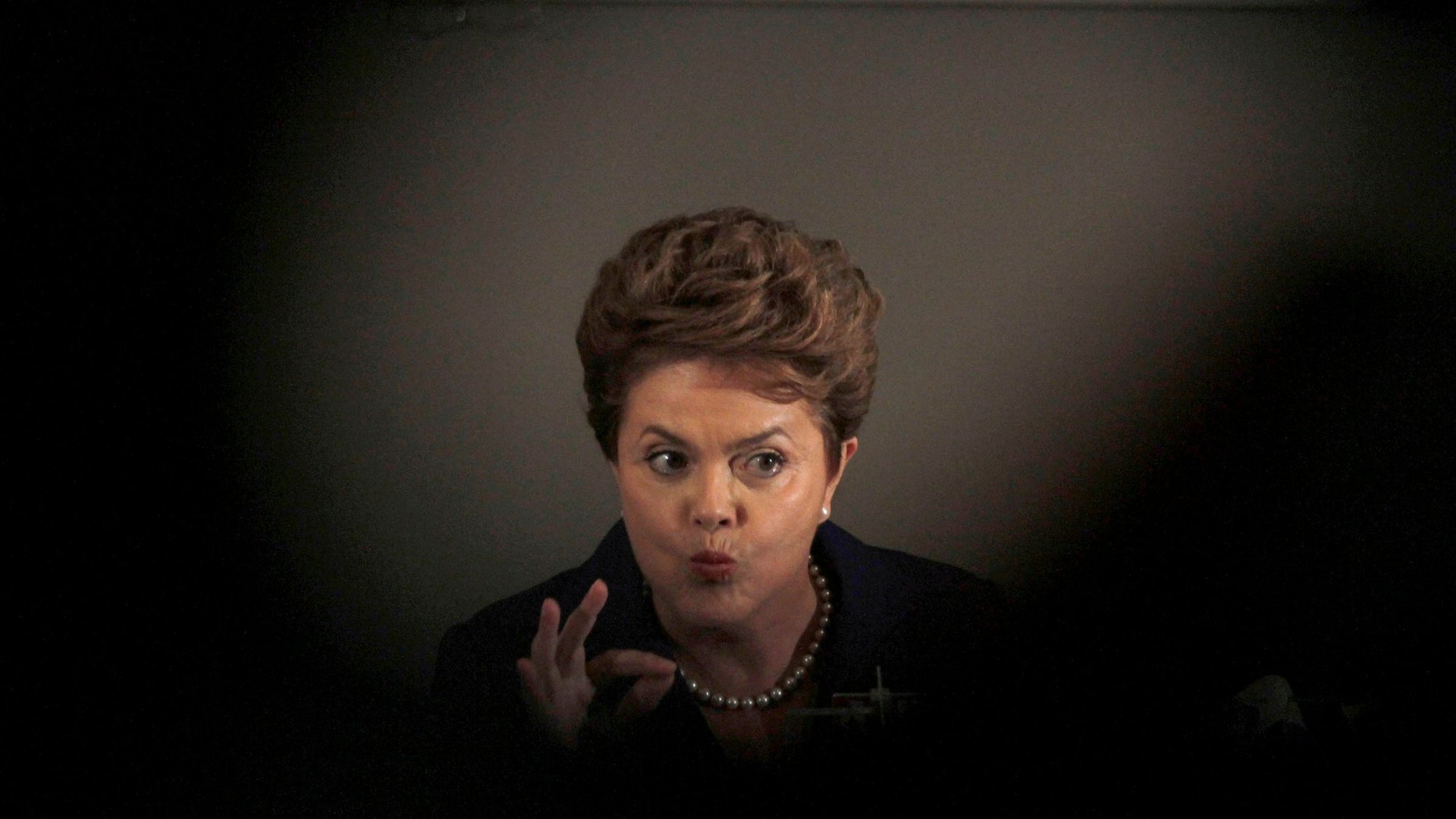Corporate bribery is about to get many millions of dollars more risky in Brazil
Bribery is a serious problem in Brazil. Convictions for the crime have jumped 30% in the last five years, and a record 1,600 people, including 100 public officials, were arrested last year on counts of illegal money-giving. But Brazil is looking to curb that—at least at the corporate level.


Bribery is a serious problem in Brazil. Convictions for the crime have jumped 30% in the last five years, and a record 1,600 people, including 100 public officials, were arrested last year on counts of illegal money-giving. But Brazil is looking to curb that—at least at the corporate level.
This past Friday, Brazil’s congress passed a law first proposed by president Dilma Rousseff’s government that aims to fix what has been a gaping loophole in the country’s corporate corruption laws. Up until now, Brazil hasn’t been able to hold companies accountable for illegal bribes made by employees, but Friday’s legislation is going to change that. The law, which takes effect in six months, promises hefty fines of up to 20% of gross annual sales from the previous year or over $22 million for companies found guilty of bribery.
The law also includes a host of measures to actively involve businesses in sniffing out fishy behavior. Companies convicted of bribery will be blacklisted, effectively banning them from public lending and government subsidies, and barring them from government contracts for as many as five years. But there will be leniencies for companies that support self-disclosure of bribery cases and launch programs to curb bribery by employees.
The sweeping legislation was passed swiftly, and with good reason: The move comes on the heels of countrywide protests in June that, among other things, were fueled by public anger over corruption in both government and big business. A report by the Organization of Economic Cooperation and Development (OECD) on Brazil in 2010 said the country failed to meet its anti-bribery standards, in large part because of Brazil’s lack of corporate liability. Corruption watchdog Transparency International has also called the country out on its apparent disinterest in punishing foreign businesses; According to the group, despite hundreds of cases, Brazilian officials have only pursued a single foreign business bribery case over the past 12 years.
Brazil has long failed to meet the international corruption standards held by other countries, including the US and UK, which has made it difficult for foreign businesses to operate in the country. Brazil’s leniency in the face of corruption in both its private and public sectors has clashed with otherwise strict enforcement of anti-bribery rules in places like the US and UK. That has made it harder for foreign companies to comfortably do business in Brazil and for Brazilian companies to comfortably do business abroad.
The gesture alone by president Rousseff to make good on her campaign promise to crack down on corruption could help boost Brazil’s reputation abroad. But some are still skeptical about how effective the new law will be—especially at the local level. A recent survey by Transparency International found that roughly half of Brazilians found their government ineffective in fighting corruption, but over 80% were willing to do something to battle it themselves. Carlos Ayres, co-chair of the anti-corruption and compliance committee of the Brazilian Institute of Business Law, told Reuters that it’s a “very positive development,” but he also conceded that it remains unclear how well the law will be implemented by state and municipal governments.